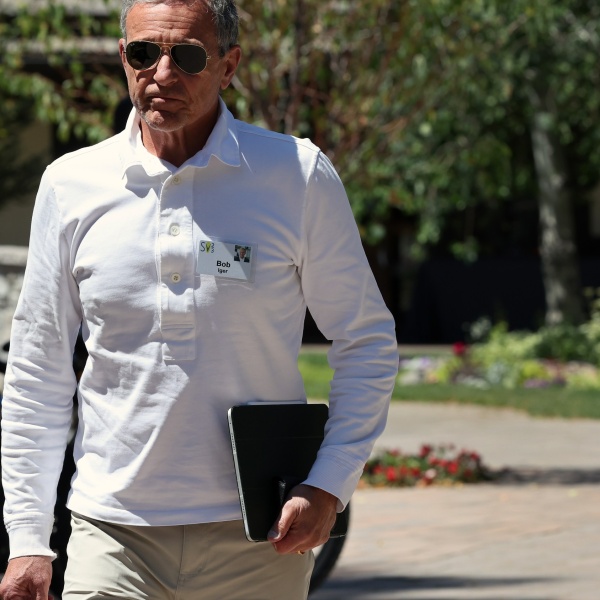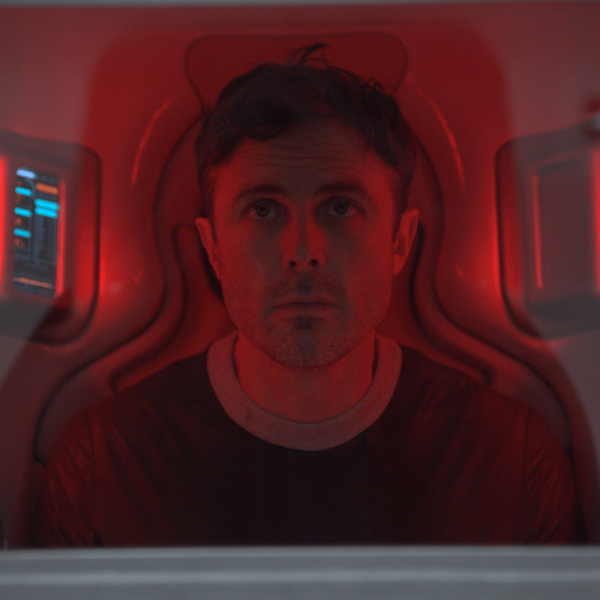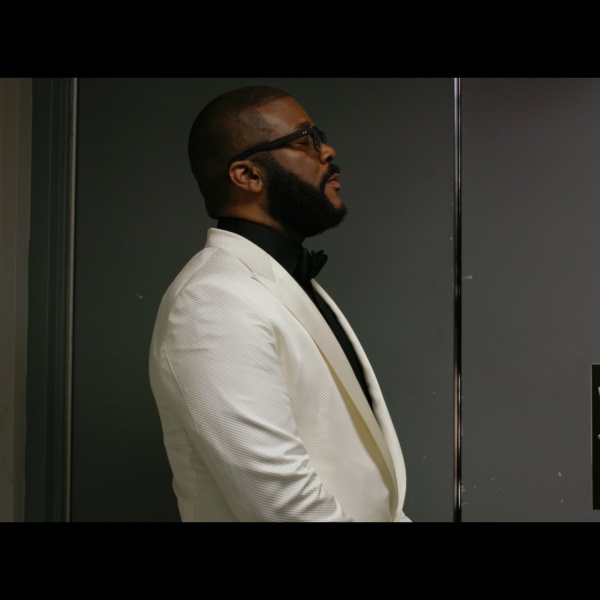
The following is a reprint of our review from SXSW.
Tonight on the stage of the Paramount theater at the SXSW Film Festival in Austin, Texas, director/actress Jodie Foster admitted that getting the tenor right for her new film “The Beaver” was the hardest endeavor of her career and it shows. Walking a tonal tightrope of voice — light comedy, saddening depression, and reflective soul searching — Jodie Foster‘s film is not quite a black comedy, a dramedy or a straight-up humanist drama. While an interesting (if not totally successful) exploration of mental illness and trying to escape and then face your inner demons, the film is surprisingly tame, lacking the fiercer bite we were hoping for.
While Foster refuses to exploit the sentimentality (well, for the most part), and seems desperate to fight her way out from underneath the narrative, Kyle Killen‘s celebrated Black List script is still the weak link in this effort, containing many familiar story beats. And in an effort to stay true to this lauded script, the picture isn’t exactly loose in its rhythm, and its architecture sticks out — calculated character arcs, points of attack and story plot points so premeditated that you can set your watch to them. While Foster thoughtfully lenses the picture with a sensitive hand, never making it too lugubrious or comically broad, in doing so she delivers a picture that is neither fish nor fowl. And while this gray area middle ground is where most interesting films generally lay their head, “The Beaver” just can’t seem to nail the mix of emotional timbres in a completely satisfying manner.

Current persona non grata Mel Gibson — though Charlie Sheen has been sucking the crazy out of the room lately — stars as Walter Black, a man in the throes of a crippling spiritual crisis (read: a deep depression) that is debilitating his efforts at being a good husband, father and toy company CEO. Foster plays Meredith, his dutiful wife who has been trying to cope with an absentee partner for more than two years. Her teenage son Porter (Anton Yelchin) has such contempt for his desolate father that he becomes preoccupied with trying to articulate every one of their similarities down to the last detail in hopes of one day expelling them from his being. Meanwhile their youngest son Henry (Riley Thomas Stewart) is picked on by bullies at school and simply wants his daddy back.
Eventually, the dam of silence breaks, Meredith finally has had enough and asks the dispirited Walter to leave their home. Dejected and spiraling deeper, Walter ponies up on the booze and while discarding his belongings in the trash — a foreshadowing of his darkening metal state — he comes across a beaver hand-puppet. His initial reaction is mild surprise and then the inclination to leave it be, but eventually, he comes back and takes the cute toy with him. After boozing for hours and commiserating with sage words on television, Walter steps out on a balcony to end it all. But his suicide attempt is botched, he falls back into the apartment complex and he is knocked unconscious from a TV that falls on his head in the wake of the destruction from his fall. When Walter awakes, The Beaver has arrived, his alternate mental state that speaks in a cockney accent and who tries to get the man back on his spiritual feet (why Walter is holding the puppet while he is trying to kill himself seems unclear and a bit of a lazy, convenient plot device).
Meredith goes to school to pick up Henry that next day only to discover, to her horror, that he’s gone and has been picked up by Walter. When she returns home, she is relieved, yet aghast, to find her husband only communicating through The Beaver hand-puppet and refusing to speak as Walter. Young Henry seems to love the little game, but Meredith is desperate to find out what the fuck is actually going on. Walter says he’s visited his shrink and hands her a card which outlines his new psychological guidelines: he’s under the care and guidance of The Beaver, who is the only one who should be addressed.
Initially horrified by this concept, Meredith eventually acquiesces to the Beaver rule simply because it normalizes the family at first and Henry seems to be thrilled by the return of his dad and the hand-puppet game they are playing. Concurrently, there’s an entire second storyline with Porter who sells essays for cash and tries to woo the local hot cheerleader Norah (Jennifer Lawrence) who turns out to be more interesting than she appears outwardly. And while this thread works it ultimately detracts from the main Gibson/Foster story, and Yelchin’s character arc — he becomes adept at stepping into the shoes of others, because he doesn’t want to be himself — is simply too conveniently fitted to picture’s overall theme of facing the darkest corners of your personality head on. Generally, the thematic threads seem to be over-pronounced and hammered on the nose at every turn.
“The Beaver” has its moments of comedy, and insightful emotional scenes that may bring a mild tear to the eye (though some of the SXSW audience were audibly and somewhat inexplicably sobbing), but by and large, the picture coasts by on competent, but not exactly absorbing sequences that have a rather languid pace. By the time the film rolls up to its logical conclusion — Walter having to extricate himself from the control of The Beaver, whose psyche seems to have curdled — feelgood moments and wrap ’em up hugs seem to be around every screenwriting corner. Aside from the overrated, stiff writing — and it’s easy to see why the script itself was so admired on the page, as its clockwork functions wonderfully there — there are lots of little, non-dealbreaker issues that add up together to more noticeable flaws. Many key moments of the film rely on, and are communicated by, clunky and familiar sad or happy montages set to the crutch of emotionally resonant songs that telegraph the emotion in the scene. Following Gibson’s character arc is difficult too as he hides behind the The Beaver character for 80% of the film making his emotional journey a split one. There are also lots of storytelling threads — like Gibson’s Beaver puppet becoming a toy phenomenon that puts him on every magazine and talk show in America including “The Today Show” with Matt Lauer — that don’t add up to much and or become an afterthought.
There are badges of merit, the best of which is probably Gibson’s pained and soulful performance. This is a man collapsing under the weight of his own self-loathing, so despising his past that he refuses to live in the present as himself. That pain is achingly real and palpable and he conveys his circumstance with weight and heft. Foster is equally good, though her character doesn’t have as much to do. Ultimately, “The Beaver” is not a bad effort in the least; it has its enjoyable moments, its laughs and its poignant turns, but it isn’t a wholeheartedly engaging film either. Ultimately, it lies somewhere in that neither-here-nor-there realm which makes it often more frustrating than a simply mediocre film would be. [C+]




